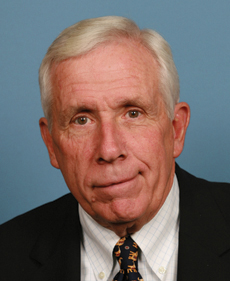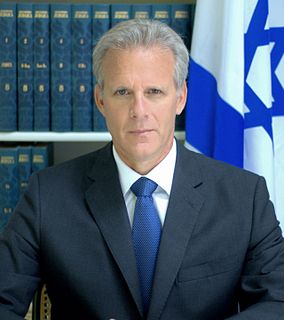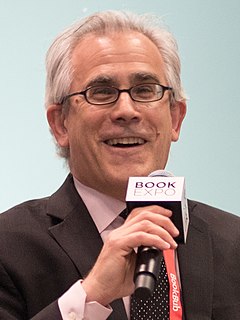A Quote by Barbara Amiel
If America was trying to keep the bubonic plague out of its hemisphere, Canadians would import it just to show their independence of American foreign policy.
Related Quotes
If I were Donald Trump, I would definitely not pick Mitt Romney because it's very easy for Mitt Romney to have have a separate foreign policy operatus in the State Department that would run a dissenting foreign policy from the White House foreign policy. There, I think the populist America-first foreign policy of Donald Trump does run against a potential rival.
There are those who would draw a sharp line between power politics and a principled foreign policy based on values. This polarized view - you are either a realist or devoted to norms and values - may be just fine in academic debate, but it is a disaster for American foreign policy. American values are universal.
I read in a newspaper that I was to be received with all the honors customarily rendered to a foreign ruler. I am grateful for the honors; but something within me rebelled at that word 'foreign'. I say this because when I have been in Canada, I have never heard a Canadian refer to an American as a 'foreigner'. He is just an 'American'. And, in the same way, in the United States, Canadians are not 'foreigners', they are 'Canadians'. That simple little distinction illustrates to me better than anything else the relationship between our two countries.
Maybe it's understandable what a history of failures America's foreign policy has been. We are, after all, a country full of people who came to America to get away from foreigners. Any prolonged examination of the U.S. government reveals foreign policy to be America's miniature schnauzer -- a noisy but small and useless part of the national household.
This is the problem with foreign policy - talking about foreign policy in a political context. Politics is binary. People win and lose elections. Legislation passes or doesn't pass. And in foreign policy often what you're doing is nuance and you're trying to prevent something worse from happening. It doesn't translate well into a political environment.
































